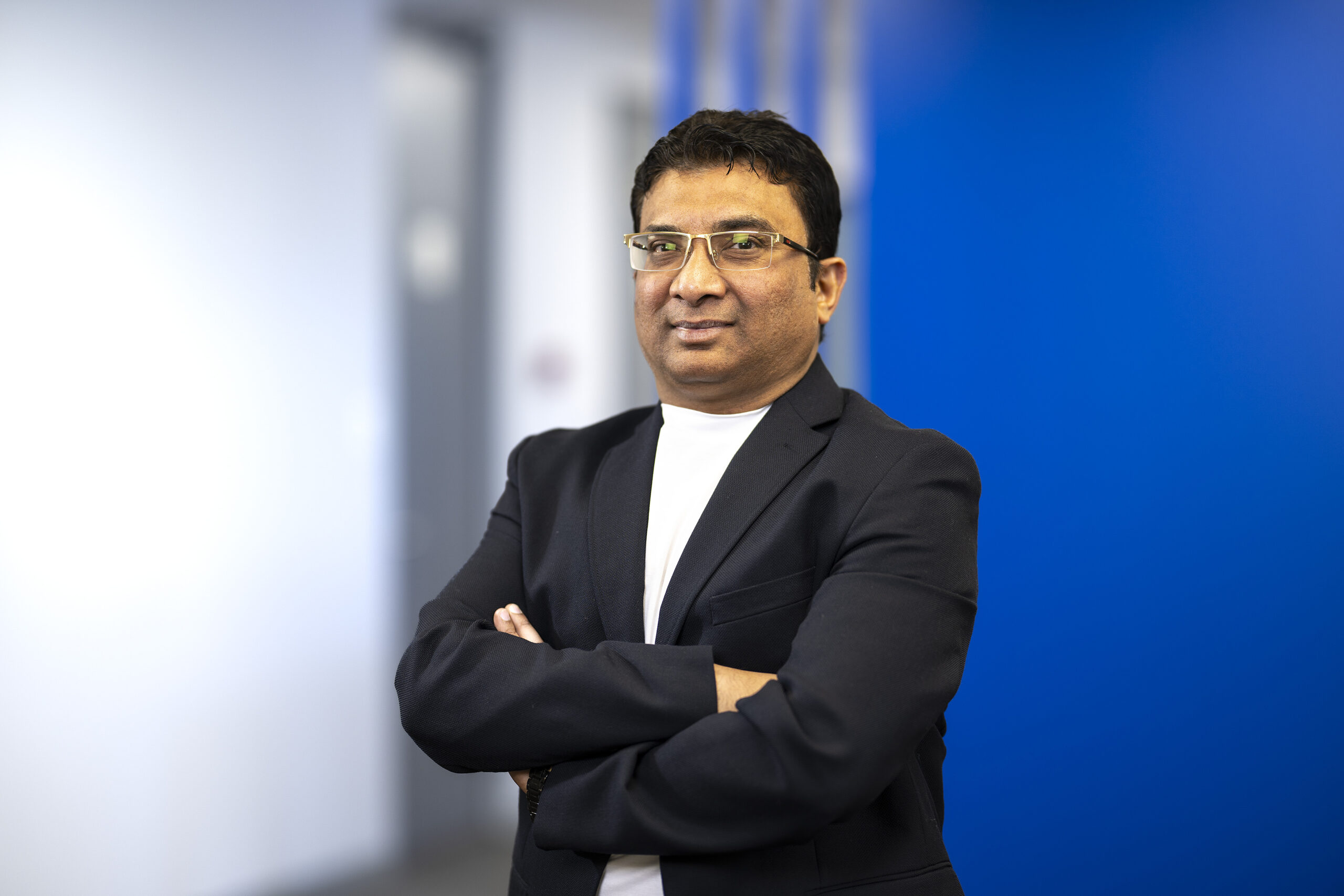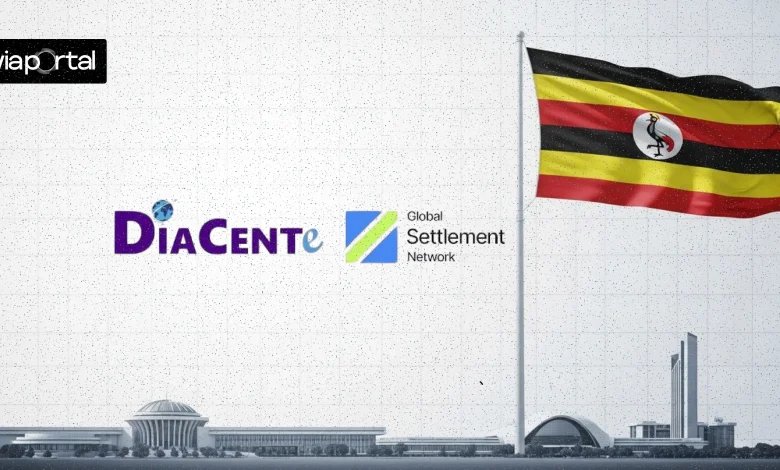Ghana is betting big on the future of farming. With a $100 million investment from Japanese agritech giant Degas Limited, the country is on track to become Africa’s first AI-powered agricultural hub, a bold step announced by President John Dramani Mahama in Yokohama.
A Bold Vision for AI-Driven Agriculture
Degas Limited, a global leader in AI-driven agribusiness solutions, has already made significant strides in Ghana, financing over 86,000 smallholder farmers across 122,000 acres.
Their model, which integrates AI-driven satellite monitoring and precision agriculture, has doubled farmer incomes with an impressive 95% repayment rate.
This success has attracted strong interest from Japanese investors, who see Ghana’s approach as a gold standard for agricultural investment in Africa.
The $100 million commitment will scale these efforts, focusing on:
- Expanding farmer financing through AI-supported credit models.
- Enhancing satellite-enabled crop monitoring for real-time insights.
- Providing precision agronomy services to improve soil health and crop yields.
- Strengthening value chains by improving input supply, logistics, storage, and market access.
This investment aligns with President Mahama’s vision of integrated, technology-enabled agriculture, positioning Ghana as a continental leader in agricultural innovation.
Boosting Food Security
Food security is a critical challenge across Africa, with climate change and underinvestment threatening rural livelihoods.
Ghana’s AI farming hub aims to address these issues by leveraging technology to increase productivity and resilience.
By using AI to monitor crops and optimise farming practices, Degas’ platform helps farmers boost yields while reducing risks like drought or pest infestations.
The initiative also strengthens agricultural value chains, connecting farmers to markets, finance, storage, and processing.
This combined approach ensures that food production is not only increased but also sustained, reducing post-harvest losses and improving access to nutritious food.
President Mahama emphasised, “By leveraging AI and precision technologies, we will improve productivity, enhance food security, and create dignified jobs for youth across rural communities.”
Creating Jobs for Ghana’s Youth
With youth unemployment a pressing issue in Ghana, this investment offers a sign of hope. The AI-powered hub will create sustainable, technology-driven jobs in rural areas, empowering young Ghanaians to participate in modern agriculture.
From managing satellite monitoring systems to working in logistics or agronomy services, these roles align with the growing demand for tech-savvy professionals in agriculture.
The initiative supports Ghana’s broader agenda to reset its economy by modernising key sectors. By promoting innovation and entrepreneurship, the project could inspire a new generation of farmers and agribusiness leaders.
Why This Matters for Africa
Ghana’s AI farming hub could serve as a blueprint for the continent. By combining data-driven solutions with traditional farming knowledge, the initiative demonstrates how technology can transform smallholder farming into a globally competitive sector.
Experts believe this model could address systemic challenges like food insecurity and climate resilience, setting a precedent for other African nations.
The partnership also highlights the growing interest from global investors, particularly from Japan, in Africa’s agricultural potential.
Makiura noted that “many Japanese partners now consider Ghana’s integrated approach the gold standard for agricultural investment in Africa.” This international confidence could pave the way for further investments, amplifying the impact of AI-driven agriculture across the region.
READ ALSO:Mercy Corps and Stable Foods Team Up for IoT Irrigation Pilot in Kenya
A Model for Sustainable Development
The Degas investment is more than just financial; it’s a commitment to sustainable development.
By focusing on climate-resilient farming practices and inclusive growth, the initiative aligns with global goals like the UN’s Sustainable Development Goals (SDGs), particularly those related to zero hunger and decent work.
The high repayment rate of 95% also points to the viability of Degas’ model, proving that technology can deliver both economic and social returns.
Looking Ahead
Ghana’s journey to becoming Africa’s first AI-powered agricultural hub is a game-changer. With $100 million in funding, Degas Limited and the Ghanaian government are setting a new standard for agricultural innovation.
This initiative not only promises to transform farming practices but also to empower communities, enhance food security, and create meaningful opportunities for the youth.
As Ghana leads the way, the world will be watching to see how AI can unlock Africa’s agricultural potential. Stay tuned for updates on this exciting journey toward a more sustainable and prosperous future.
Ronnie Paul is a seasoned writer and analyst with a prolific portfolio of over 1,000 published articles, specialising in fintech, cryptocurrency, and digital finance at Africa Digest News.






Leave a Reply